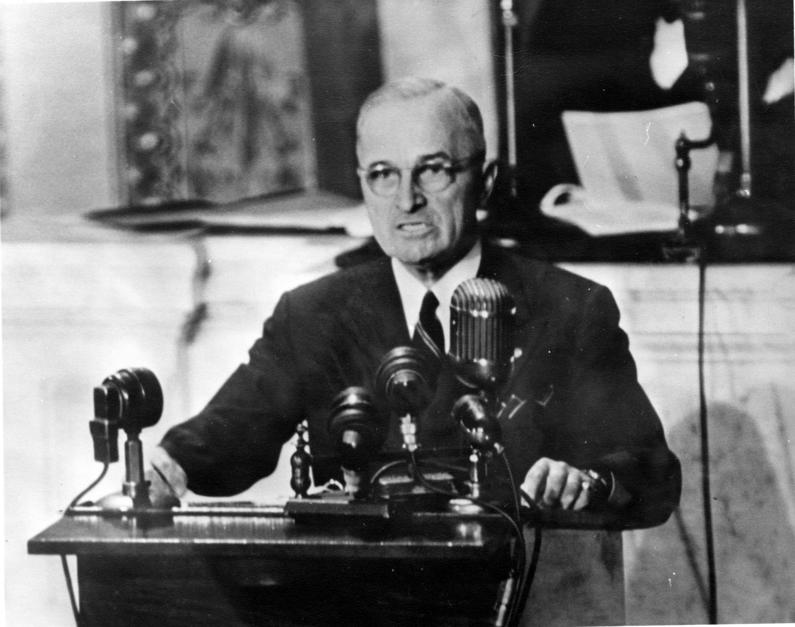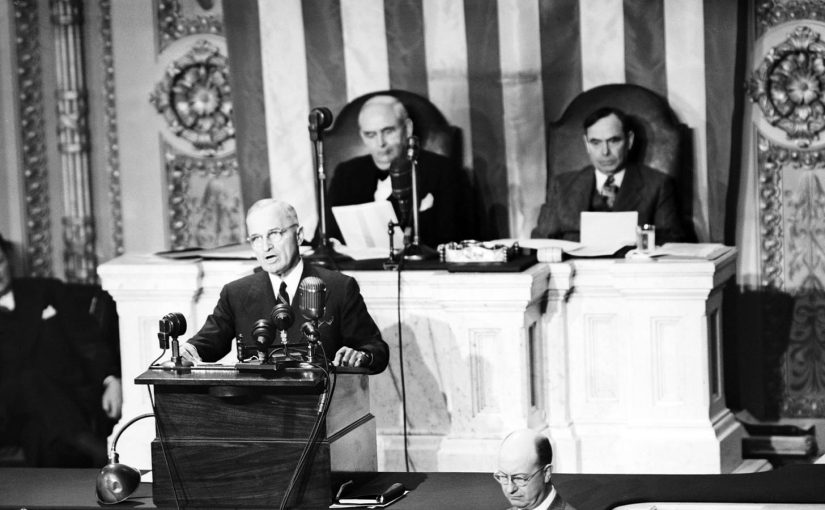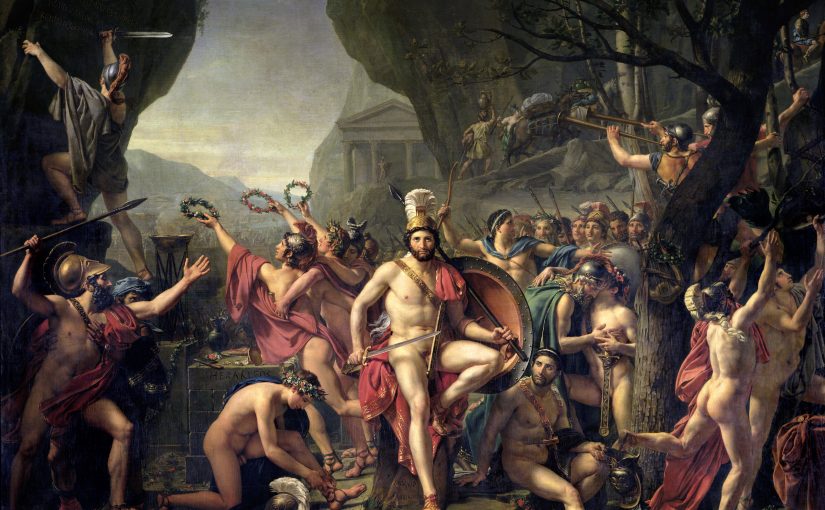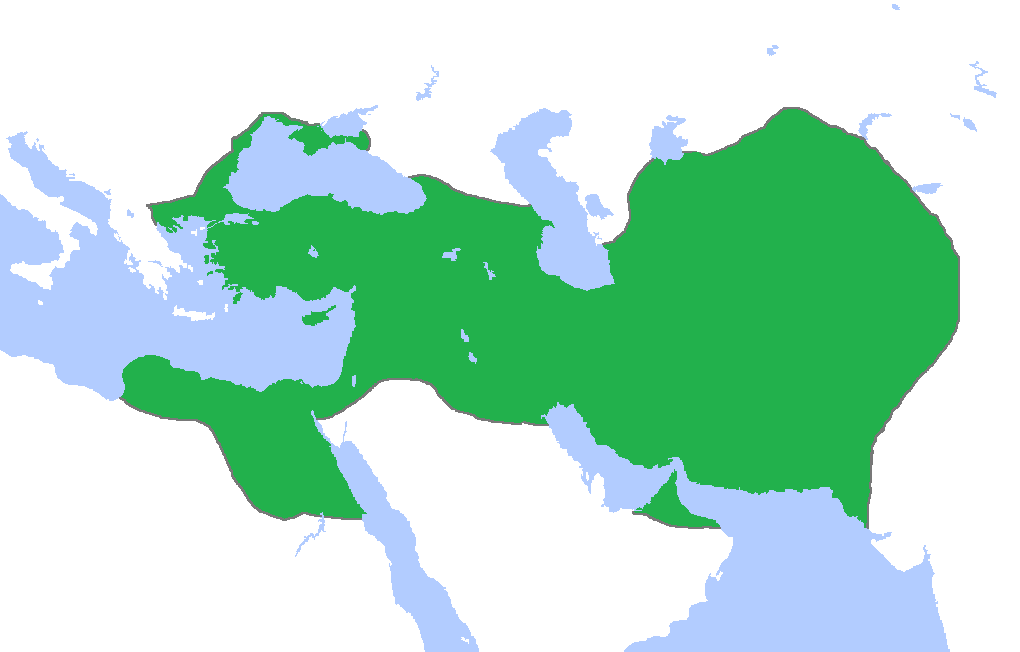In the aftermath of World War 2, many of the war torn countries, such as France and Poland, began to turn to Communism in order to rebuild. Wanting to expand their influence, the Communist USSR, lead by Joseph Stalin, wanted to expand Communism all across Europe. Meanwhile, the United States opposed this, wanting more countries to embrace free market economies, capitalism and democracy. This lead to tensions rising between the two factions who were once allies against the Nazis. This divide between Western Capitalism and Eastern Communism was no clearer than in Greece.

From 1946-1949, Greece was in a civil war, between the Nationalists, backed by the United States, and the Communists. Whilst Harry Truman, President of the United States, feared that the Soviets may back the Greek Communists, Stalin’s focus was more on Turkey, and seeing if they would become a Communist nation, due to their oil production in Iran needing to pass through Turkish waters, requesting a military base in the country and transit rights through the Dardanelles Strait and the Sea of Marmara. Due to the economic impacts of having the water being Soviet Occupied, the United States sought a democracy in Turkey.
Many people feared that the Soviet Union would have a monopoly over the Mediterranean if Greece and Turkey fell to Communism. Truman chose to take action and addressed Congress with his plan on March 12th, 1947

One way of life is based upon the will of the majority, and is distinguished by free institutions, representative government, free elections, guarantees of individual liberty, freedom of speech and religion, and freedom from political oppression.
The second way of life is based upon the will of a minority forcibly imposed upon the majority. It relies upon terror and oppression, a controlled press and radio; fixed elections, and the suppression of personal freedoms.
I believe that it must be the policy of the United States to support free peoples who are resisting attempted subjugation by armed minorities or by outside pressures. I believe that we must assist free peoples to work out their own destinies in their own way.
An excerpt from Truman’s speech to Congress
Truman was very careful to not explicitly name Communism or the USSR, but everyone knew what he was talking about. In order to truly combat communism, Truman, with the advise from Senator Arthur Vandenburg, over exaggerated the crisis, to such a degree where it would scare the American people and get them to side against Communism. Many modern historians cite the Truman Doctrine as the declaration of the Cold War.



